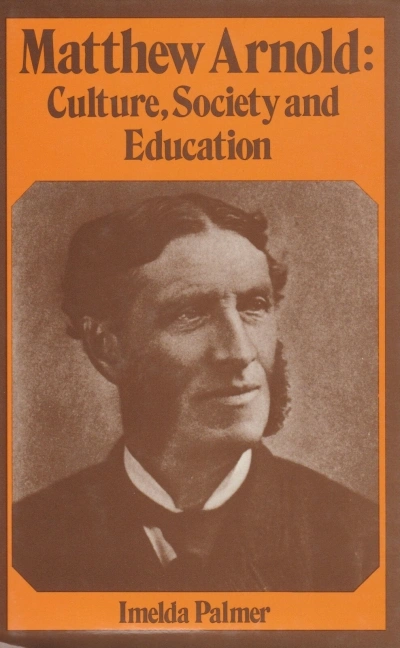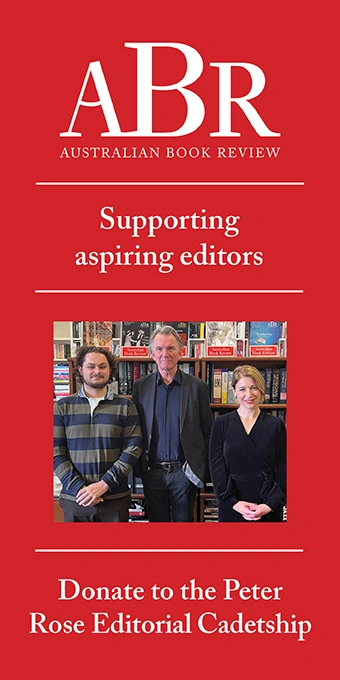Education
Matthew Arnold by Imelda Palmer & The Cultural Critics by Lesley Johnson
by John McLaren •
So much has been written about Language One in various English teaching journals that there is little to add. What has been written has usually been critical – often very critical – ranging from ‘not only is it a bad book, but it is misleading’ (Idiom) to ‘buy one for your barbeque. soon’ (Opinion). Language Two will doubtless produce a similar response – from theorists, book reviewers, and the occasional highly competent teacher.
... (read more)




